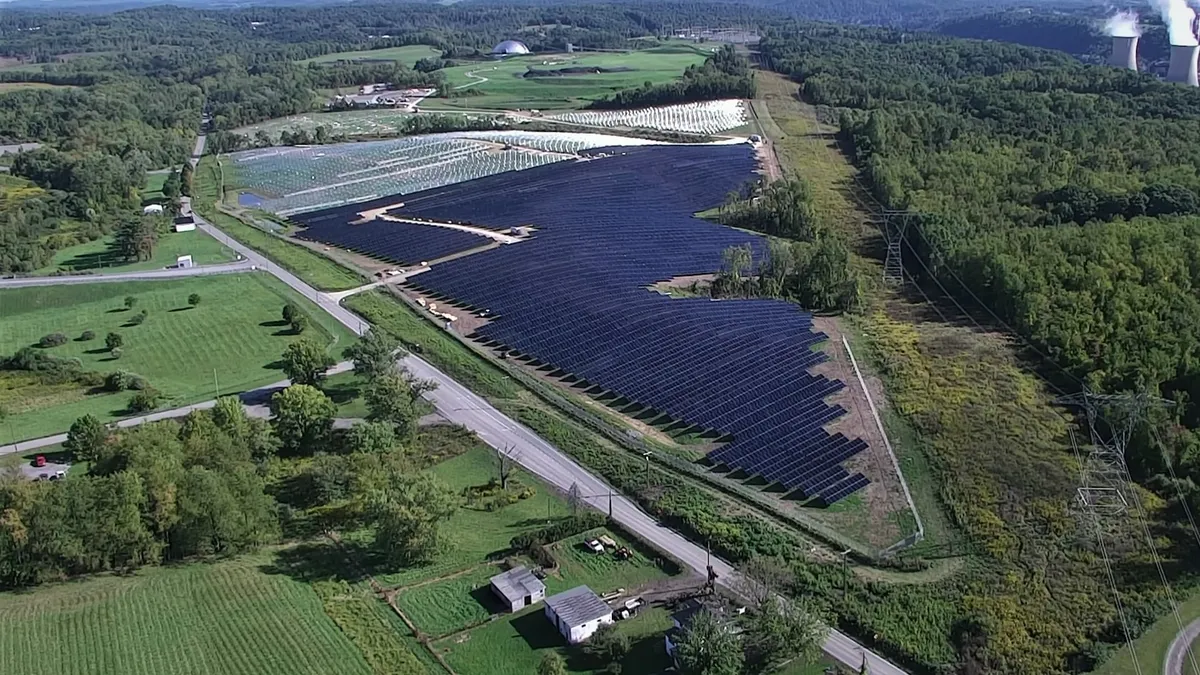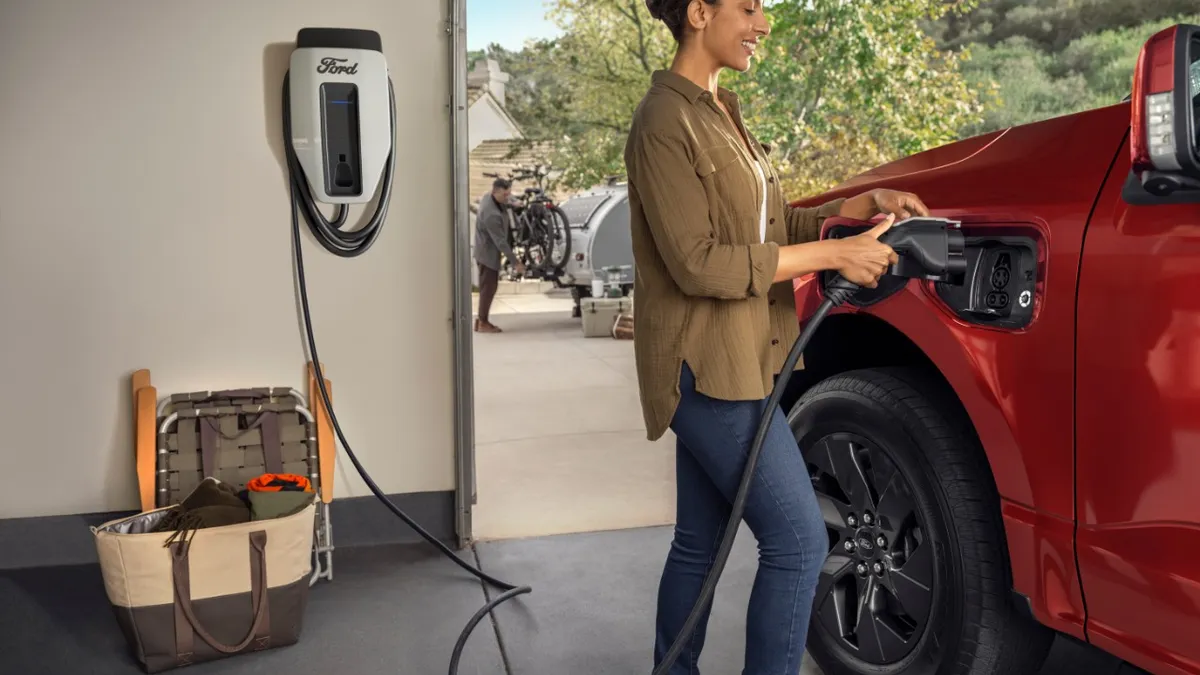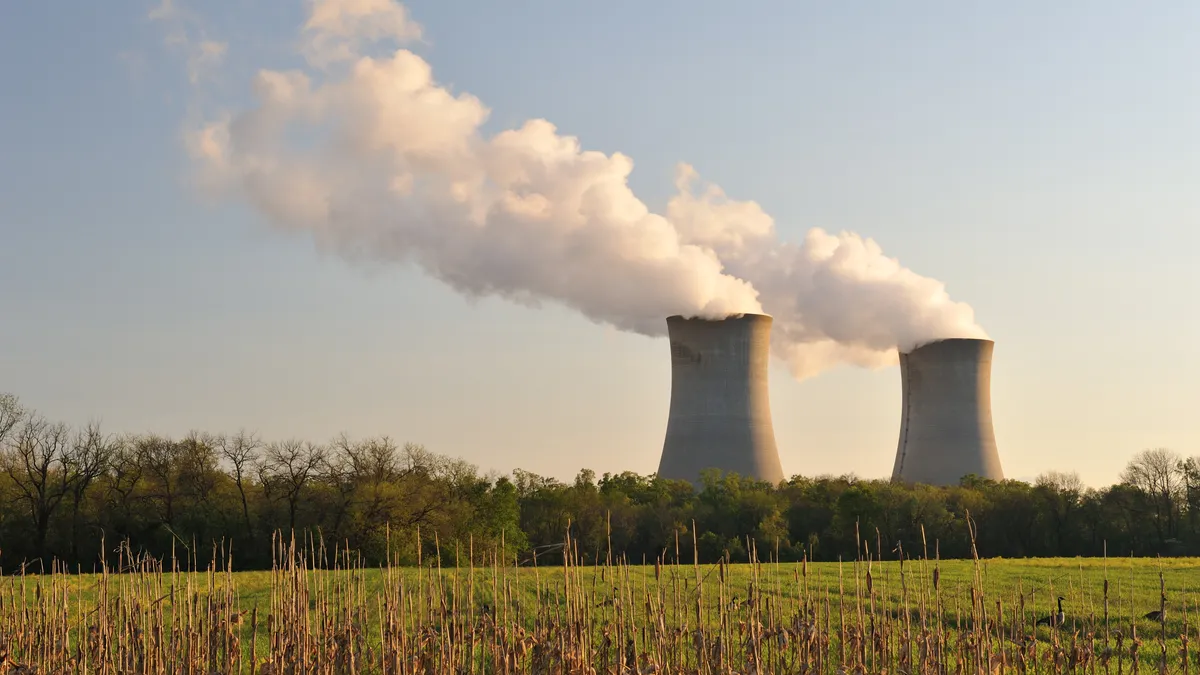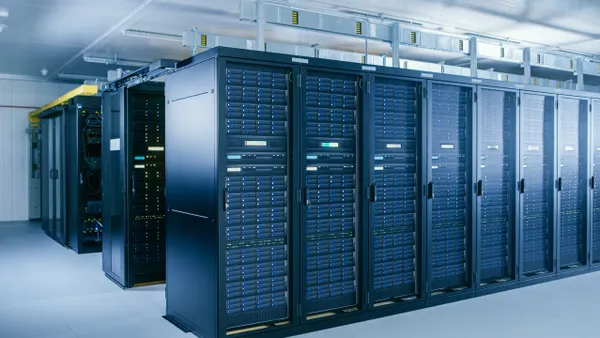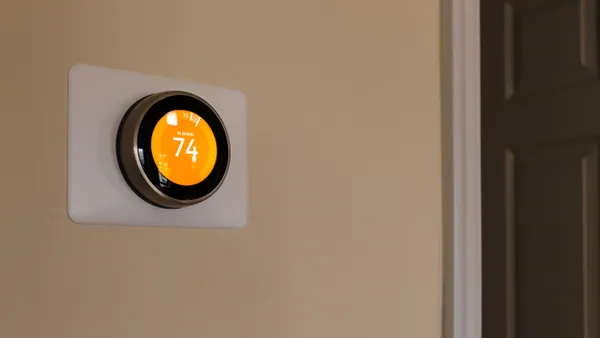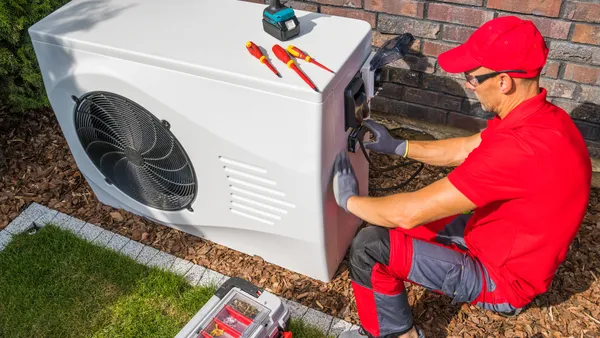Dive Brief:
- The New Jersey Board of Public Utilities (BPU) on Wednesday approved a settlement authorizing Public Service Electric and Gas (PSE&G) to invest $166 million in electric vehicle charging infrastructure, though the utility will not install or own any chargers.
- The six-year make-ready program is expected to support installation of 40,000 residential chargers, 3,500 commercial chargers, and 1,000 Direct Current Fast Chargers (DCFC). PSE&G will upgrade its distribution system to support charger installation, and will pay for some customer installation costs.
- PSE&G says the program will help grow transportation electrification, but environmental groups see a missed opportunity. "This settlement does not match the scale and scope of investment needed to achieve New Jersey’s ambitious climate goals," Kathy Harris, clean vehicles and fuels advocate at the Natural Resources Defense Council, said in a statement.
Dive Insight:
The settlement approved by regulators sets investment levels and cost recovery details for the EV program, but the BPU delayed action on the medium- and heavy-duty vehicle and energy storage portions of PSE&G’s original 2018 proposal.
Environmental advocates say those medium- and heavy-duty vehicles are responsible for a "disproportionately large amount" of emissions impacting New Jersey’s public health.
"While this proposal lays the groundwork to address pollution by electrifying transportation, the settlement parties and the Board have missed an important opportunity to address diesel truck and bus pollution in some of New Jersey’s most overburdened communities," Elizabeth Stein, lead counsel for energy transition strategy at Environmental Defense Fund, said in a statement.
PSE&G says the program will build out New Jersey's EV charging infrastructure, address range anxiety, help the state meet its emissions targets and create 270 direct clean energy jobs.
"EV adoption is critical to meeting New Jersey’s clean energy goals," Karen Reif, vice president of PSE&G’s renewables and energy solutions group, said in a statement. "The scarcity of public and private charging infrastructure discourages more people from driving electric vehicles. PSE&G’s program will address those concerns."
About $80 million of the program cost will go towards the residential sector, $35 million towards level 2 mixed-use charging, and $45 million to the DCFC program. Under the PSE&G program, the customer will purchase and own the charger.
The program includes a time-of-use rate that allows for discounted charging during off-peak hours. PSE&G says the EV investment will eliminate 14 million metric tons of carbon emissions through 2035. New Jersey has set a goal of reaching 100% clean energy by 2050.
The state has also set a goal of having 330,000 emissions-free vehicles on its roads by 2025. The medium- and heavy-duty programs proposed by PSE&G are on hold while the BPU conducts stakeholder proceedings.
"The biggest source of air pollution and GHGs in New Jersey comes from the transportation sector," said Jeff Tittel, director of the New Jersey Sierra Club. "The BPU needs to be accelerating our electric vehicle programs, especially infrastructure. ... We’re never going to meet our state goals for electrifying cars and trucks unless the BPU removes the roadblocks in the way."







